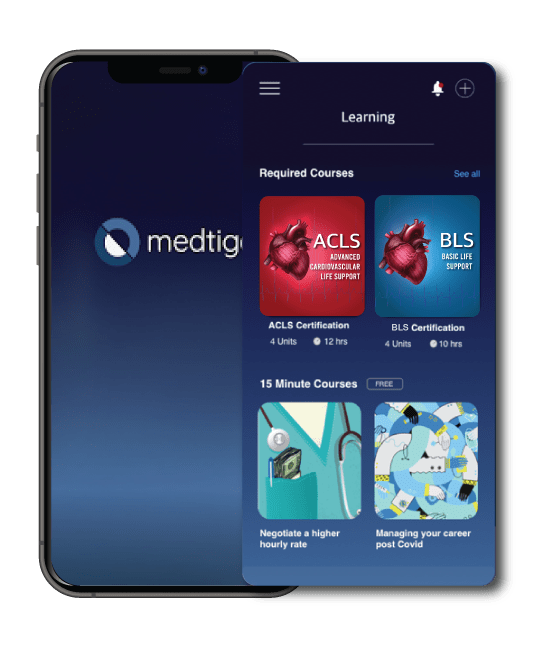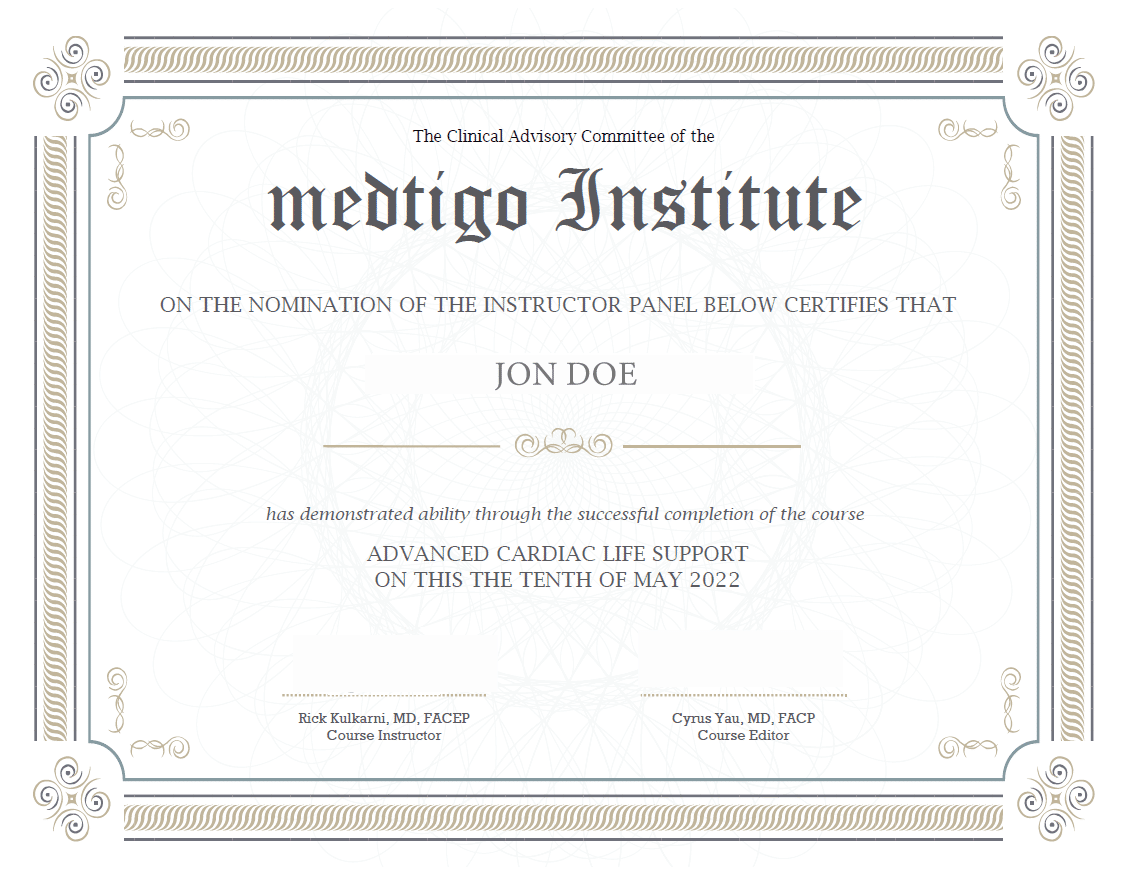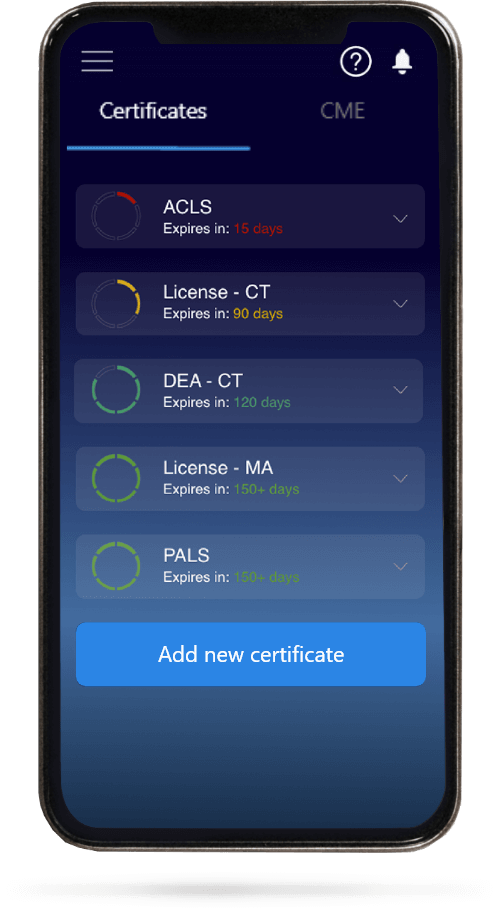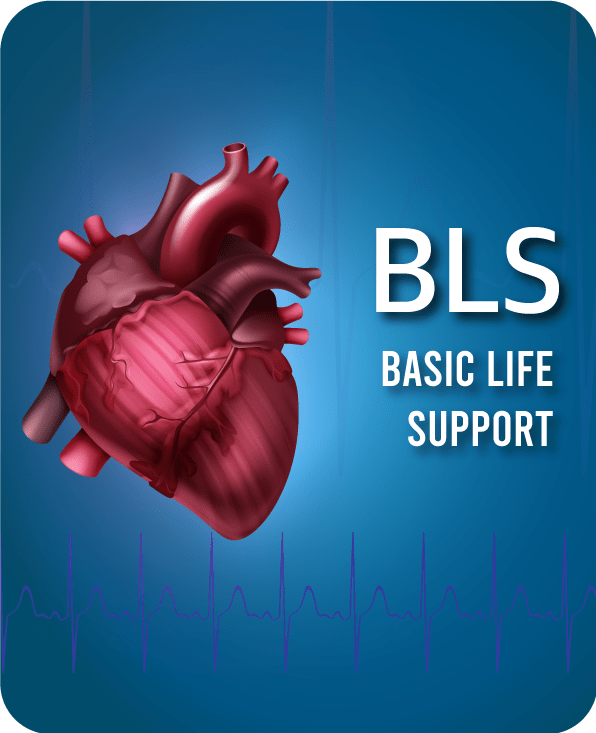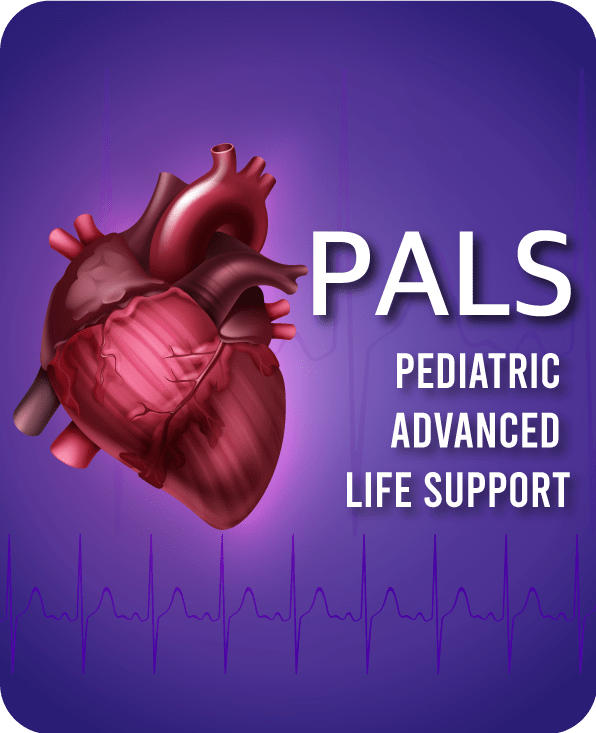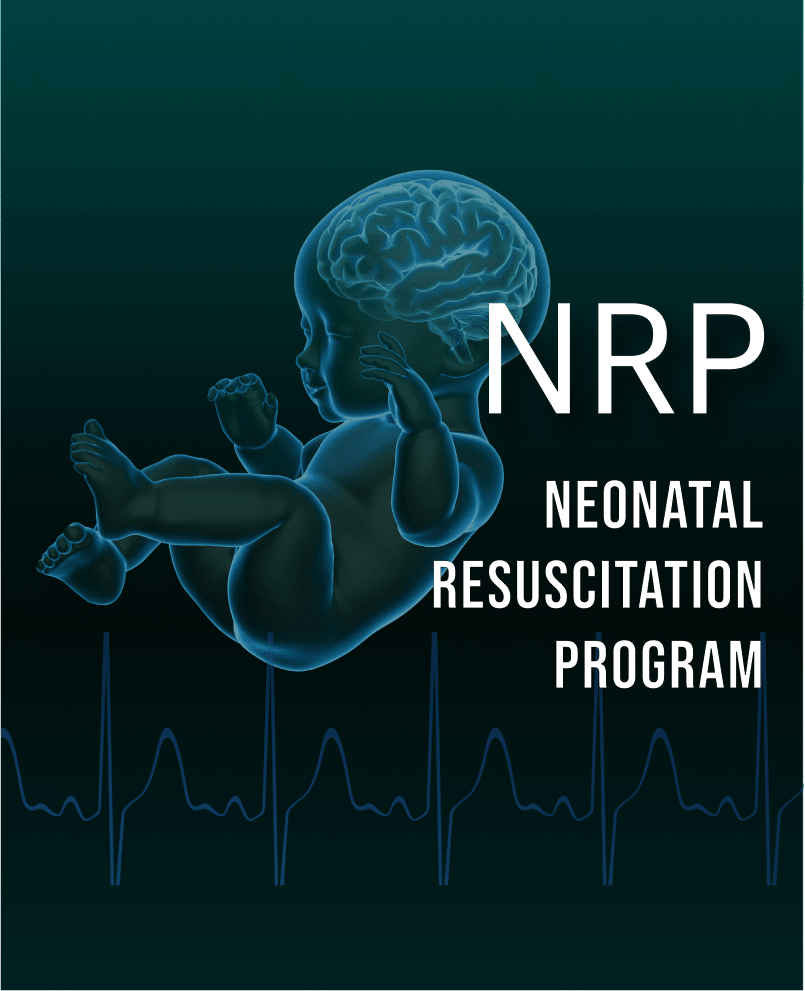As per a report published in BBC, Israeli health-tech firm Genetika+ is harnessing the power of artificial intelligence (AI) and stem cell technology to revolutionize how antidepressants are prescribed to patients. Co-founded by neuroscientist Dr. Talia Cohen Solal, Genetika+ aims to avoid unwanted side effects and ensure that patients receive the most effective antidepressant for their condition.
The process begins with a blood sample from the patient, from which Genetika+ technicians generate brain cells using stem cell technology. These brain cells are then exposed to various antidepressants, and changes in cellular biomarkers are recorded. This data, along with the patient’s medical history and genetic information, is processed by an AI system to determine the best drug and dosage for a doctor to prescribe.
While the technology is still developing, Genetika+ plans to launch commercially next year. The company has received funding from the European Union’s European Research Council and European Innovation Council and is also collaborating with pharmaceutical firms to develop new precision drugs.
The potential impact of AI in the pharmaceutical industry, which generated revenues of $1.4 trillion in 2021, is significant. AI has already been used to identify potential target genes for disease treatment, discover new drugs, predict treatment strategies, and personalize patient treatment through biomarker discovery and early disease detection, according to Dr. Heba Sailem, a senior lecturer of biomedical AI and data science at King’s College London.
However, the adoption of AI in the pharmaceutical sector has been slow due to challenges such as resistance to change among senior personnel who are accustomed to traditional research and development methods, says AI expert Calum Chace. Despite this, Dr. Sailem emphasizes the importance of employing strict measures to avoid biases when using AI in pharmaceutical research. When trained on patients ‘ data, AI models can sometimes arrive at correct answers for the wrong reasons.
Another company making strides in AI-driven drug discovery is Insilico Medicine, based in Hong Kong. Using its AI platform, the company has successfully identified existing drugs that can be repurposed, designing new drugs for known disease targets, and discovered new targets and molecules for drug development. Insilico Medicine’s most advanced drug, a treatment for idiopathic pulmonary fibrosis, reached clinical trials in just under 18 months, a fraction of the time it typically takes to develop a new drug.
Dr. Cohen Solal believes AI can help “solve the mystery” of which antidepressants work best for individual patients. With over 280 million people worldwide suffering from depression, Genetika+ aims to provide a personalized approach to antidepressant prescriptions, minimizing side effects and maximizing treatment effectiveness. As AI in healthcare advances, it holds promising potential to transform the pharmaceutical industry and improve patient outcomes.





